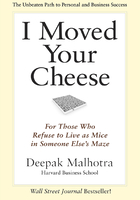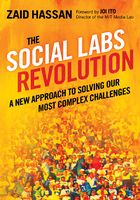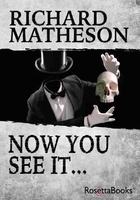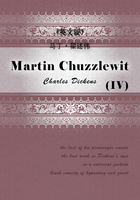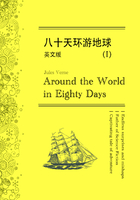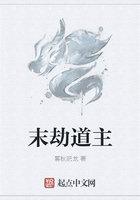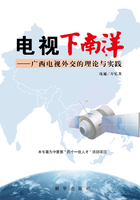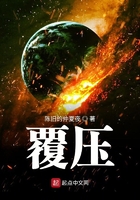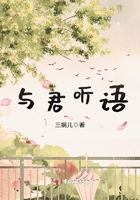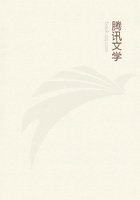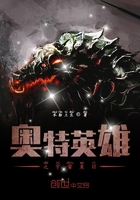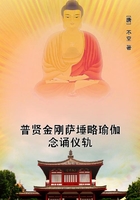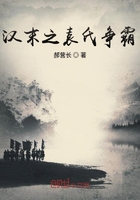A Head Start on Resiliency
Have you ever been some place and sensed that something wasn't quite right? I felt that way when I was close to completing my graduate program in clinical psychology. I had a nagging feeling that something was off, but couldn't quite grasp what it was.
Then the answer came to me—like in a cartoon when a light bulb turns on over someone's head. I'd been told over and over that I was going into the mental health profession, but I'd never been given any classes on mental health. I suddenly realized that clinical psychology and psychiatry were not mental health professions; they were mental illness professions.[1]
I saw, for example, that the National Institute of Mental Health had no information available about mental health, indicators of mental health, or how to develop mental health. The entire focus of the NIMH was (and still is) to research causes and treatments of mental illnesses.[2]
To help overcome this deficit in my education, I gave the students in a course I was teaching a special term-paper assignment. They had to describe “A Psychologically Healthy Person.”
Reading term papers written by thirty psychology majors gave me an overview of what was known at the time, but mostly their papers showed that the field of psychology contained little knowledge about individuals with excellent mental health. The standard view was that mental health is assumed to exist in people without symptoms of mental illness.
After I graduated, I started a personal research project to understand people so mentally healthy they can survive extreme life adversities without becoming psychological casualties, and emerge stronger than before. I thought back to the combat survivors I'd served with in the paratroopers after the Korean War. During my three years with them, I saw that it wasn't luck or chance that they were the few that came back alive. Something about them as people had tipped the scales in their favor.
I remembered being fascinated with Dr. Viktor Frankl, when he came to my college to speak about his experiences in the Nazi death camps during the Holocaust. He was not bitter or angry; he was a happy man.
I become intrigued with what Abraham Maslow called a “continental divide” principle. “I use this principle,” he wrote, “to describe the fact that stress will break people altogether if they are in the beginning too weak to stand distress, or else, if they are already strong enough to take the stress in the first place, that same stress, if they come through it, will strengthen them, temper them, and make them stronger.”[3]
I wondered, “Why do some people emerge from extreme difficulties stronger and better than before? How do they do that?”
I read books by survivors and interviewed hundreds of people willing to talk about their survival experiences. I explored survivor resiliency at depths never taught in any psychology courses. Instead of using traditional research methods, I asked questions and listened until a consistent pattern took form. I explored the territory until a map revealed itself to me. After many years of listening and learning, I developed a good understanding of what I call “the survivor personality.”
My findings about life's best survivors were published in The Survivor Personality in 1996. When it came out, I received requests from many corporations, professional associations, education and healthcare groups wanting to know how to use the survivor personality traits to cope with workplace challenges. Almost half the requests came from public-sector groups struggling to sustain essential services after layoffs and budget reductions.
Ten years of teaching and speaking about how to be resilient led to this book. The Resiliency Advantage picks up where The Survivor Personality left off. This book is unique in many ways:
Most books by psychologists and psychiatrists with “resiliency” titles are recovery books written for emotionally traumatized people wanting to live normal lives. In contrast, The Resiliency Advantage shows basically healthy people how to become better and better at handling turbulent change, nonstop pressure, and life-disrupting setbacks.
It is written more like an owner's manual than a self-help book. It explains how you can access and benefit from many inborn abilities that few people use very well. It describes principles and processes that lead to becoming resilient, and provides resiliency development guidelines showing how to apply the information in your circumstances as you think best.
It is the first book to describe the different levels of resiliency that people achieve. Just as students in martial arts must learn basic skills before they can acquire higher levels of skill, this book shows how certain basic resiliency skills provide the foundation for mastering higher-level abilities.
It is the first job-related, coping-skills book to include challenges faced by public-sector employees. The Resiliency Advantage recognizes that people who work in the public sector need and appreciate useful resiliency guidelines as much as those who work in the private sector or are self-employed.
This book is also an invitation to participate in a breakthrough journey of discovery. Chapter 13 lists many indicators that we humans are transforming to a different way of being human. As you develop your resiliency strengths, you will find that you can handle a world of constant, disruptive change easily and naturally.
These are challenging times. We are in a turbulent era. One in which too much change is happening too fast for many people. The Resiliency Advantage gives you a head start over those who don't want to learn skills for handling constant change and difficult developments. This book shows you how to sustain strong, healthy energy in non-stop change, bounce back quickly from setbacks, and gain strength from adversities.
Al Siebert, PhD, Director
The Resiliency Center
Portland, Oregon
March, 2005
注释:
[1]We've been in an era in which mental health professionals assumed and insisted that every person who has gone through a horrendous experience must be emotionally traumatized. A few mental health professionals have only recently come to the realization that about eighty percent of people experiencing emotional trauma are so resilient they can overcome the experience without therapy or treatment. See: Gladwell, Malcolm. “Getting Over It.” The New Yorker, November 8, 2004, pp. 75– 79. Also see: Bonanno, George A. “Loss, Trauma, and Resilience: Have We Underestimated the Human Capacity to Thrive After Extremely Aversive Events?” American Psychologist, January, 2004, Vol. 59, No. 1, pp. 20–28.
[2]“Mental illness” and “mental health” are hypothetical constructs– they are professional opinions that require a licensed psychiatrist or clinical psychologist to determine. In contrast, “survivor personality” and “highly resilient person” are abstracted systems. They are descriptions of patterns of actions, feelings, and thoughts that can be observed and verified by anyone. See: Maddux, James E. “Stopping the Madness: Positive Psychology and the Deconstruction of the Illness Ideology and the DSM.” Handbook of Positive Psychology, C. R. Snyder and Shane J. Lopez, eds. (New York: Oxford University Press, 2002).
[3]Maslow, Abraham. Eupsychian Management. (Homewood, IL: Irwin & Dorsey Press, 1965) p. 76.

